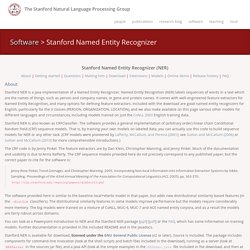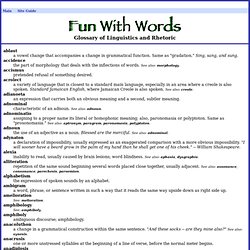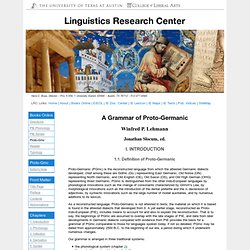

The Stanford NLP (Natural Language Processing) Group. About | Getting started | Questions | Mailing lists | Download | Extensions | Models | Online demo | Release history | FAQ About Stanford NER is a Java implementation of a Named Entity Recognizer.

Named Entity Recognition (NER) labels sequences of words in a text which are the names of things, such as person and company names, or gene and protein names. It comes with well-engineered feature extractors for Named Entity Recognition, and many options for defining feature extractors. Included with the download are good named entity recognizers for English, particularly for the 3 classes (PERSON, ORGANIZATION, LOCATION), and we also make available on this page various other models for different languages and circumstances, including models trained on just the CoNLL 2003 English training data. Stanford NER is also known as CRFClassifier. The CRF code is by Jenny Finkel. Jenny Rose Finkel, Trond Grenager, and Christopher Manning. 2005. Getting started This NER system requires Java 1.8 or later. Fun With Words: Glossary of Linguistics and Rhetoric. Ablaut a vowel change that accompanies a change in grammatical function.

Same as "gradation. " Sing, sang, and sung. accidence the part of morphology that deals with the inflections of words. Accismus pretended refusal of something desired. acrolect a variety of language that is closest to a standard main language, especially in an area where a creole is also spoken. Adianoeta an expression that carries both an obvious meaning and a second, subtler meaning. adnominal characteristic of an adnoun. Adnominatio assigning to a proper name its literal or homophonic meaning; also, paronomasia or polyptoton. Adnoun the use of an adjective as a noun. Adynaton a declaration of impossibility, usually expressed as an exaggerated comparison with a more obvious impossibility. Alexia inability to read, usually caused by brain lesions; word blindness. Alliteration repetition of the same sound beginning several words placed close together, usually adjacent.
Alphabetism the expression of spoken sounds by an alphabet. The fun way to learn anything. A Grammar of Proto-Germanic: Chapter 1: Introduction. Hans C.

Boas, Director :: PCL 5.556, 1 University Station S5490 :: Austin, TX 78712 :: 512-471-4566 Jonathan Slocum, ed.